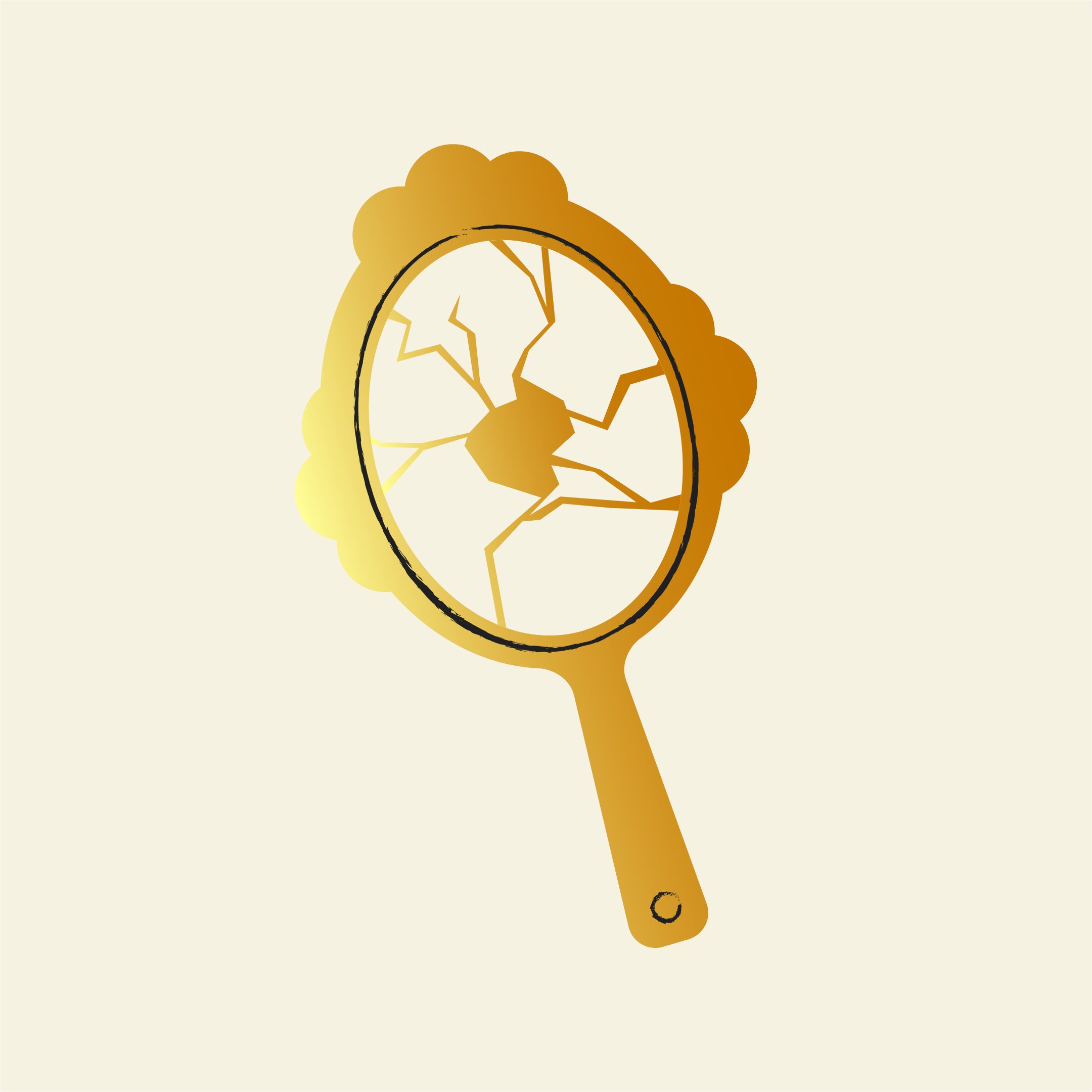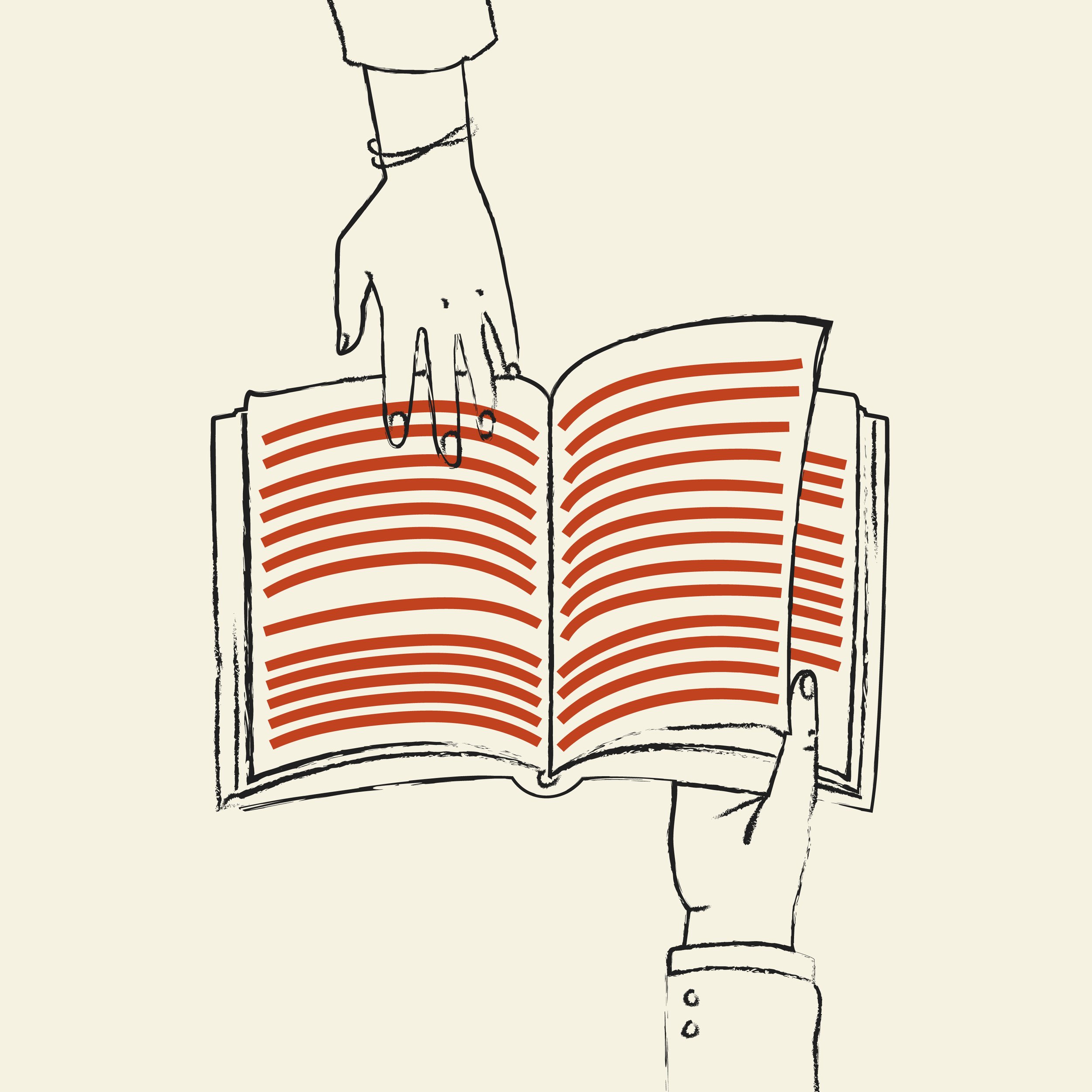To Read
“I’d be lying if I said I’ve always enjoyed reading.”
NOVEMBER 26, 2024
For Gilucho, tyoskujuyëp, amuum tu’uk joojt
I’d be lying if I said I’ve always enjoyed reading. Rather than learning to read, what I first learned was how to decode the phonetic values of a language I didn’t speak. The groups of letters comprising texts revealed no meaning to me, but they were interesting sonorous edifices, nonetheless. Texts had an acoustic body though they lacked a semiotic skeleton. Literacy arrived in my town hand in hand with an aggressive, intimidating Hispanicization project, as was the case (I daresay) in all Mexico’s Indigenous communities. This occurred principally during the first half of the 20th century. Teaching people to read was tightly bound to the goal of eradicating Indigenous languages. Literacy meant the triumph of the so-called “national” language over “dialects,” which were synonymous with poverty and backwardness. Where I grew up, people were taught to read with the cards stacked against them.
Beneath all my acts of reading there lurks, I feel, this constant contradiction: on the one hand, it’s an enjoyable pastime through which I have gained new knowledge and enjoyed many aesthetic experiences; on the other, it’s a reminder of the physical punishment my mother, uncles, and me had to endure. We did not learn Spanish using any method of second language acquisition, we learned Spanish by reading in it. Reading in Spanish seemed to preclude — in some instances more clearly than others — what was still unthinkable: reading in Mixe, our mother tongue.
Before immersing myself in the rigors of school education, I learned to read — or at least, learned part of what is implied by the act of reading — with the help of my uncle Genaro. I grew up in an unusual environment, surrounded by my grandparents and my uncles, who were more like siblings, and who were enthusiastic about communism and the USSR — the eldest was responsible for choosing my name, which is also a Russian toponym. Somehow, copies of the famous Sputnik magazine arrived in my town, Ayutla, in the Mixe region of the Sierra Norte in Oaxaca, where my uncles and mother read excitedly about Russian factories where chess tournaments were organized, the workers could attend physics classes or art workshops, everyone was equal, everything was better than here, and where, if I applied myself enough, I could, perhaps, one day go and study. I belong to the second generation of my family to finish primary school. My grandfather completed second grade and that was enough for him to work as a scribe as well as in the fields and construction. He helped people with their correspondence: Whenever somebody in town asked, he would read the letters they had received, translate them into Mixe, listen to their reply, translate it back into Spanish, and finally write it out in his beautiful handwriting, which I have never been able to equal.
We did not learn Spanish using any method of second language acquisition, we learned Spanish by reading in it. Reading in Spanish seemed to preclude — in some instances more clearly than others — what was still unthinkable: reading in Mixe, our mother tongue.
My uncles, too, were given the chance to go and study, and the discrimination they faced in that environment made them believe that, if I were to learn to Spanish, I should try to make sure, as far as possible, that my Mixe accent was not detectable. Their solution was to teach me to read before I started primary school — before I knew any Spanish at all. They weren’t interested in teaching me to speak Spanish, they just wanted me to learn to read it. They were convinced that I should be brought up monolingual in Mixe, to strengthen that language as much as possible, but that in addition I should be taught to read in Spanish. I learned the phonetic value of every letter and soon was able to decode words. To practice, every day I had to read aloud five pages from Mao Tse-tung’s Little Red Book. My uncle would correct my pronunciation and intonation as I read. Thanks to my age, my incredibly basic knowledge of the language, and the book’s topic, I understood absolutely nothing. So you’ll understand why I’d be lying if I said I have always enjoyed reading.
Nonetheless, over time that process of decoding, that mechanical act of reading, slowly began to interest me. We would time how quickly I could read a text aloud without stumbling over the pronunciation. I invariably read aloud, and almost always with an audience, because for me that was the reason texts existed: to be heard. In Mixe, we use the same verb to mean to speak and to read: käjpx, to make something speak using your vocal cords. It was clear to me from the get-go that the act of reading could be split into two: sounding texts out phonetically, and understanding what they signified, their meaning. Now that I can do both those things, I realize that, despite everything, I learned to enjoy that uncomprehending act of decoding: It’s the only reason I can find to explain why, even today, I enjoy reading texts aloud — any text, appearing on any object, even if I don’t entirely understand it: “water, sodium sulphate, dimethicone, coco betaine, sodium chloride, glycol distearate” (from the back of a bottle of shampoo).
Over time, I learned more Spanish, and those sonorous edifices began to make sense. Islands of meaning began to emerge from the texts included in Spanish Reading, the textbook we were issued at school. Meanwhile, my uncle Genaro, encouraged by his siblings, continued to direct my reading at home. When we finished the Little Red Book (it took us a while), he gave me a book that was to become one of my most treasured: the first volume of Lecturas clásicas para niños (Classics for Children), which contained versions of the Vedas, the Panchatantra, The Thousand and One Nights, The Iliad, The Odyssey, Western and Eastern creation myths, a careful selection of Jesus’s parables, and tales from the Japanese oral tradition, among many others, all adapted for children. I found the illustrations troublingly beautiful. There is a contradiction here, of course, too: Classics for Children was first published in 1924 and formed part of the great literacy project of José Vasconcelos, one of the most enthusiastic proponents of a single “cosmic race,” all of whom would be Spanish-speaking and fervent readers of the Western canon. Although a desire to make José Vasconcelos turn in his grave is one of the reasons (though not the most important, for sure) I enjoy speaking Mixe, I cannot deny the impact Classics for Children had on me. Understanding, by this time, a decent part of its content, I no longer waited until my obligatory reading aloud sessions, but began to read quietly to myself so I could find out what happened in each of the stories.
My grandmother taught me to revere books as objects of worship and that I shouldn’t even think of making a mark on them. They were to be read with perfectly clean hands, preferably while covered in dust jackets fashioned from plastic and paper.
After Classics for Children, still with the help of my uncles, came novels about Russian World War II heroes such as Boris Polevói’s The Story of a Real Man and tales of teenage Russian spies in The Path of the Brave: Stories of Young Heroes of the Great Patriotic War, read in strange combination with Mexican poets such as Amado Nervo, Manuel José Othón, and Sor Juana Inés de la Cruz. A little later, we started on Tolstoy, Pushkin, Chekhov, and after that, well into my teenage years by now, Dostoevsky and Walt Whitman, almost always in versions published by Editorial Progreso. It broke my heart when I learned of Whitman’s racist views, though that was only the first of many subsequent ideological disagreements with authors whose work I cherished.
Books arrived one by one and often left again, so our little three-shelf bookcase was never overflowing. My grandmother taught me to revere books as objects of worship and that I shouldn’t even think of making a mark on them. They were to be read with perfectly clean hands, preferably while covered in dust jackets fashioned from plastic and paper. My grandfather used to read the dictionary and encouraged us to do the same. The day my uncle Genaro had to emigrate, he left me one piece of advice to hold onto: “Make sure you go to the library, but only read books with the word ‘classic’ on the cover or in the prologue,” he told me. “If it’s got that word, then it’s something you can read.” My heart heavy with his absence, I followed his advice to the letter, trying to honor my affection for him. The consequence was that, before I moved to the city, I had read barely a single contemporary author. I knew nothing of the vanguard and, with the exception of Amado Nervo and a handful of others, had a serious dislike for free verse.
In addition to getting me to read her letters to her, my grandmother made sure to schedule time for me to read and embroider. If the reading material was of interest, I would translate it into Mixe for her. My grandmother would regularly interrupt passages with angry comments; she was furious, for example, when Aeneas abandoned Dido so heartlessly. My mother’s name is Eneida — Aeneid — so when I saw the word “classic” on the cover, I needed no further persuading to borrow it from the library. My grandmother and I also read the lives of saints and The Divine Comedy together. Years later, I would study literature (a little surprised that you could pursue a degree in this subject) and everything would change. I’m still not sure whether for better or worse.
Reading allows you to access one among several modes of knowledge transmission, albeit a politically privileged mode. Not just the language, which is increasingly endangered, but the knowledge, ritual speech, poetic strategies, and stories in the oral tradition, which I prefer to call the mnemonic tradition, are also at risk.
When I was 20, I began to learn to read and write in Mixe. The process has been fascinating. I have tried to contribute to the work started some 40 years ago by Mixe activists, who got together to propose developing a single alphabet for all the different varieties of Mixe. I love collaborating on the creation of reading material in my mother tongue and giving workshops to help these materials find readers. I hope that at the end of my life I’ll have a bookcase full of volumes in Mixe on all manner of different topics, a bookcase at least the size of the one I had as a child, medium-sized, not especially tall, with three shelves; a bookcase and a community of Mixe-speaking readers with whom to discuss its books.
Despite my current enthusiasm for reading — perhaps it’s more of an obsession — the circumstances in which I and other children learned to read in the eighties in the Sierra Mixe have convinced me that there is nothing insulting about being called illiterate. There cannot be: Most bearers of Mixe knowledge do not know how to read or write, either in Mixe or in Spanish. That knowledge is codified using a different medium. Just as paper, or screens, these days, are the medium of the written word — letters that can be spoken aloud — the medium of traditional Mixe knowledge and stories is the memory of those who safeguard them and pass them on when the time is right. I do not believe reading makes you in any way a better person. Reading allows you to access one among several modes of knowledge transmission, albeit a politically privileged mode. Not just the language, which is increasingly endangered, but the knowledge, ritual speech, poetic strategies, and stories in the oral tradition, which I prefer to call the mnemonic tradition, are also at risk. The memories of elderly specialists are oral libraries threatened by the fire of the forced Hispanicization project. While I read in Spanish, the Mixe mnemonic tradition is in danger of disappearing, and the spaces where that knowledge has traditionally been transmitted have been replaced by formal educational spaces. It is curious how we lament that there are those who do not know how to read, but nobody laments that other types of knowledge, such as the oral or mnemonic tradition, are disappearing, including in Spanish, where writing has for the most part displaced memory.
Whenever I choose a book to read, I remember that I can only choose to do so in certain languages. Whenever I choose a book to read, I choose a type of dialogue. Whenever I write in Spanish, I choose with whom to exchange ideas using the written medium. There are multiple political, historical, economic, and social factors that feed into the possibility of books being printed in a given language. It doesn’t matter that many Mesoamerican languages, including Mixe, were among the first in the world to be written down; today, of the approximately 6,000 languages spoken around the world, only a handful have the means, or rather the entire industry, necessary to create written material and so facilitate reading. Publications, whether physical or digital, are immersed in a net woven by colonialism, and therefore acts of reading are too. The written traditions of many Mesoamerican languages were explicitly prohibited and attacked as part of the establishment of the nation state. Reading, an act that seems in principle so innocent, so beneficial, is far from aseptic, which is why now, whenever I devote my time to reading in Spanish or in English, I enjoy it, but it also makes me think. I think, and filtering through the pleasure comes distress. No, I haven’t always enjoyed reading. I’d rather listen to stories in the Mixe oral tradition, like the one about how the world began, or about the adventures of the mythical characters who first taught humanity to cultivate corn, or about why the mountains are so rugged in the high-altitude parts of our territory. Memory — a dynamic page, a canvas where texts are expressed — gives a language a different mode of transmission, a mode whose handwriting is a mental process that safeguards a verbal weave. This process is quite different to the one I, and most children in Indigenous communities, experienced: We will never know what it means to learn to read in a language we speak, and I am reminded of this every single time I open a book.
This essay was first published in Spanish in Cuadrivio and was translated into English for The Dial.



